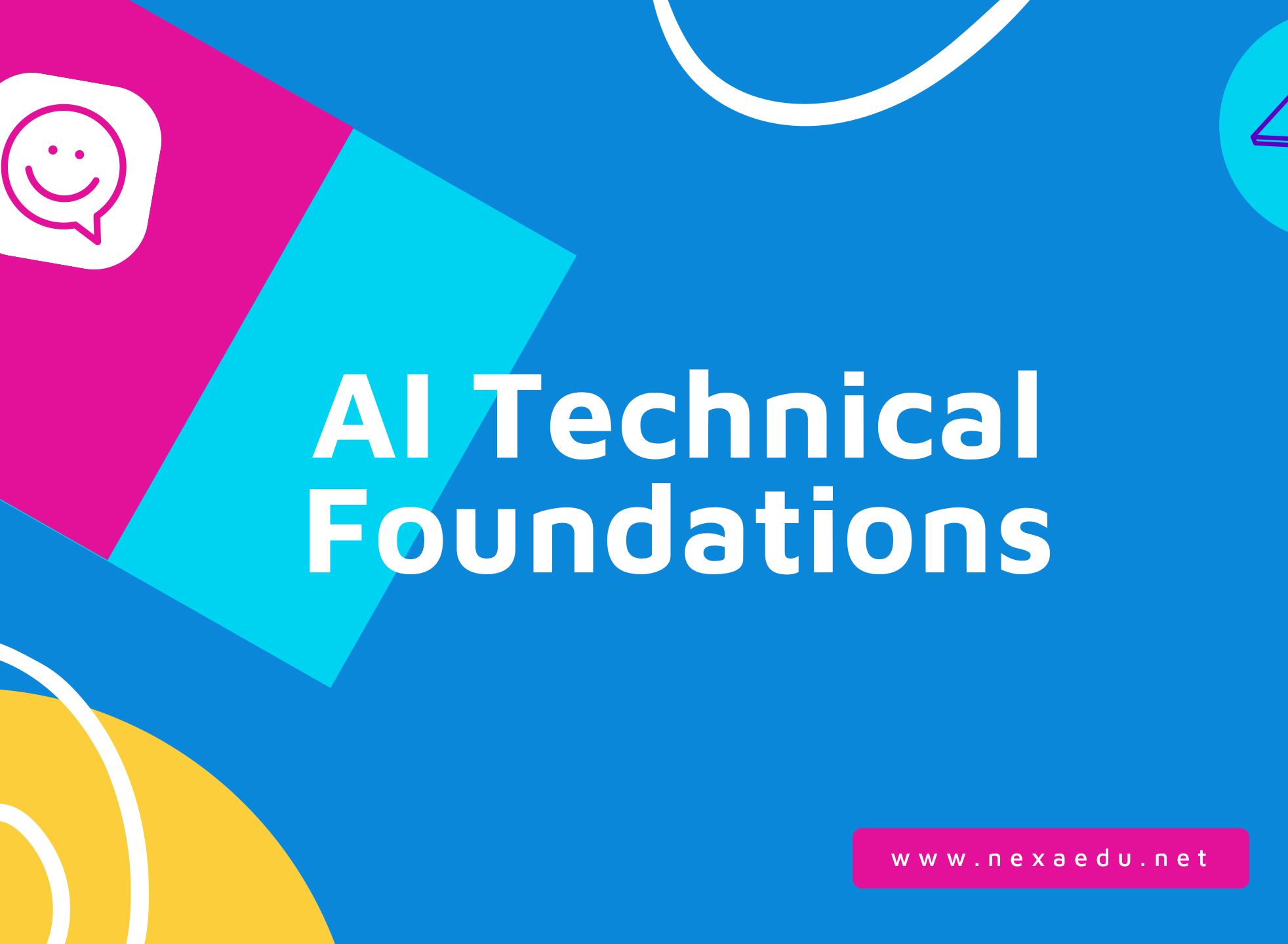About this course
Course Overview
This one day workshop will introduce to the terminology, tools and high level considerations that need to be considered and understood to ensure the best possible outcome for an AI implementation.
Target Audience
The workshop is aimed at the individuals charged with implementing an AI solution.
Course Objectives
At the end of this workshop delegates will:
- Gain a greater understanding of the tools used in AI
- Be able to identify the hardware required to optimise an AI solution
- Have a greater insight into Data Analysis and Analytics within AI
- Be equipped to realise the benefits of Machine Learning and Deep learning
Course Content
AI Tools
Data Science Languages
The Role of Python in Artificial Intelligence
Python Libraries for Artificial Intelligence
- NumPy: NumPy the computing library for Python.
- SciPy: SciPy is an advanced library containing algorithms that are used for data science
- scikit-learn: scikit-learn is Python's main machine learning library
- NLTK: Library for natural language processing
- TensorFlow: TensorFlow is Google's neural network library used for implementing deep learning artificial intelligence
Understanding the Role of Algorithms
- Planning and branching
- Local search and heuristics
Using expert systems
Hardware
- Standard Hardware
- Von Neumann bottleneck
- Single points of failure
- Tasking and multitasking
Specialised Hardware
- Graphic Processing Units (GPUs)
- Why are GPU’s suited to this field?
- Application Specific Integrated Circuits (ASICs):
- Field Programmable Gate Arrays (FPGAs):
- Specialized Sensors
Data Powers AI
- What is Data Science?
- Big Data
- Data Structures and Formats
- Data Sources
- Data Storage
Data Quality and Readiness
- Data quality and readiness is key to a successful implementation. intelligence is based on knowledge and data is the raw material
- Balance
- Representative
- Completeness
- Clean Data
Predictive Analytics
- Regression
- Classification
Data Analysis for AI
- Transforming: Changes the data’s appearance
- Cleansing: Fixes imperfect data.
- Inspecting: Validates the data.
- Modelling: Discovers the relationship between the elements present in data.
Define Machine Learning
How machine learning works
What are the benefits of machine learning?
- Automation:
- Fraud detection:
- Customer service:
- Resource scheduling:
- Resource scheduling:
- Safety systems:
- Machine efficiency:
Learning Models
- Supervised learning
- Unsupervised learning
- Reinforcement learning
Machine learning approaches
- Naïve Bayes:
- Bayesian networks graph:
- Decision trees:
Enhancing AI with Deep Learning
- Simple neural networks
- The strength of the connection between neurons in the network
- Continuous learning using online learning
- Reusable solutions using transfer learning
- End-to-end learning
Course Prerequisites
A desire to understand where AI can be beneficial to your business.
Follow on Courses
Comments (0)






